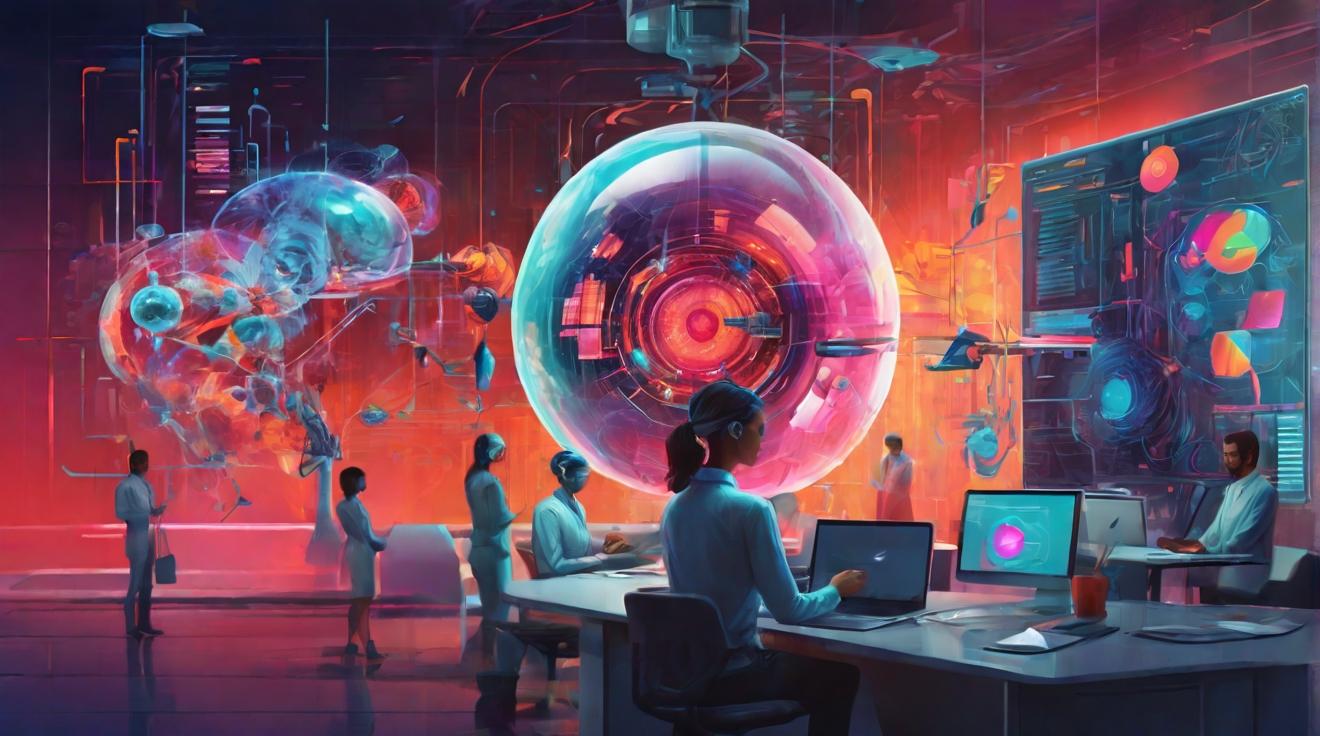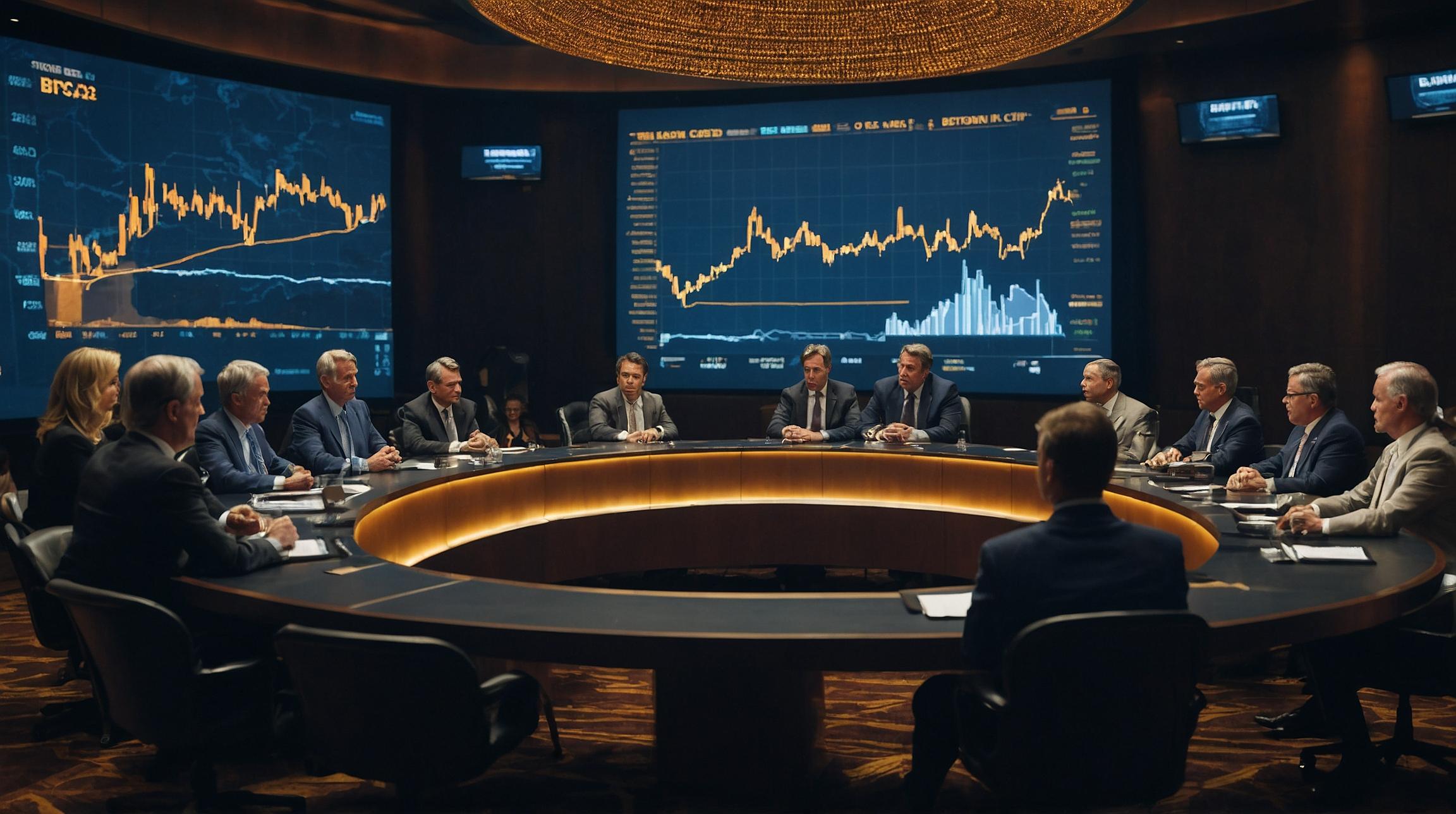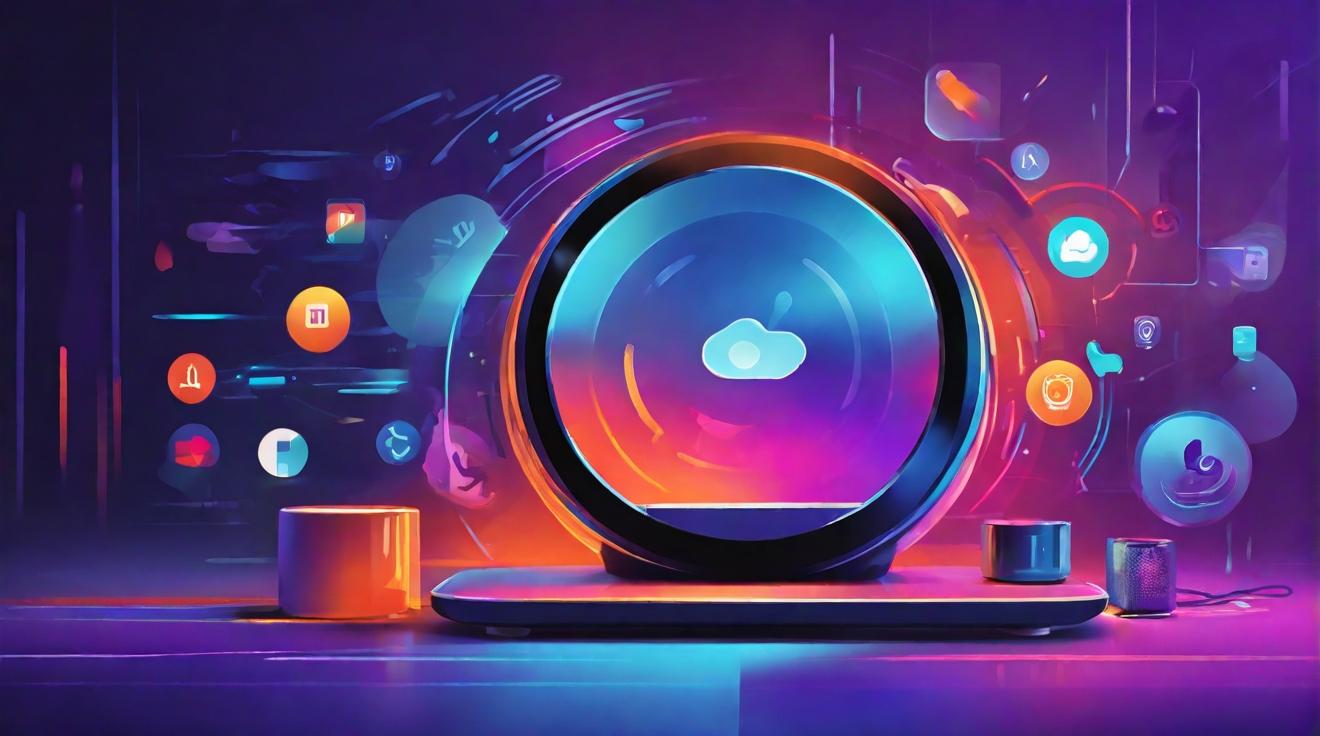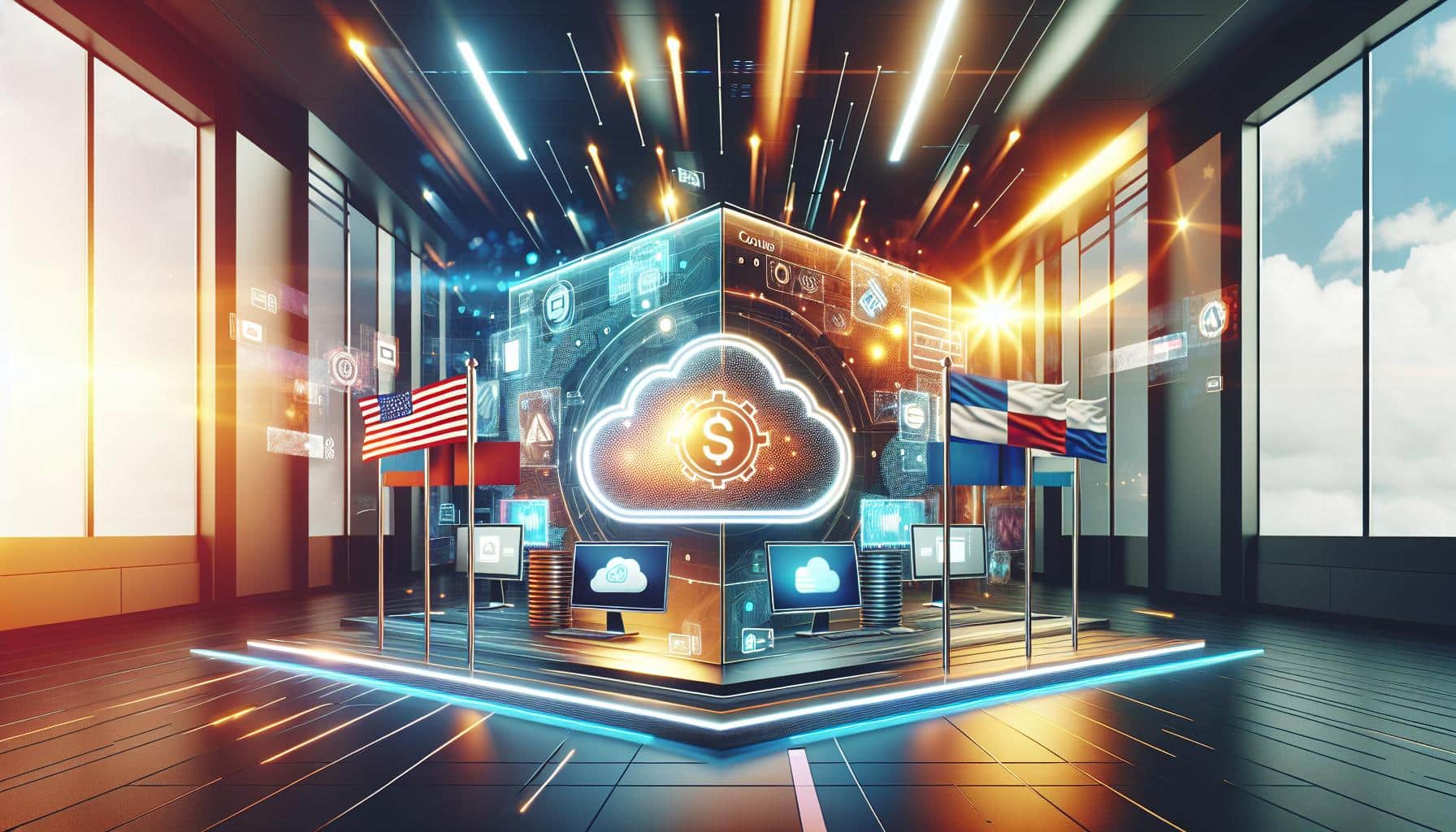The Future of Work: Navigating the AI Revolution
The rapid expansion of AI tools like ChatGPT marks a significant leap in AI development and application across various sectors, heralding a new era in the workplace and propelling forward global sustainability reporting on labor conditions. This groundswell of technology is set to automate routine tasks, grant comprehensive insights, and improve transparency in workforce dynamics, steering us toward sustainable workplaces.
One of the most notable contributions of AI to positive societal change comes from OpenAI's innovative technology capable of replicating a person's voice, a breakthrough used to restore the voice of a woman who lost it to a brain tumor. This example underscores AI's potential to significantly enhance the human experience, even in the most personal aspects of our lives.
However, AI's impact on employment is a double-edged sword. Studies predict the displacement of approximately 300 million full-time jobs worldwide, casting a shadow over the future of labor markets in the U.S. and Europe. Despite this looming specter of job displacement and the exacerbation of social inequities, there remains a strong call for equitable employment opportunities and fair working conditions. The current disparity in AI advancement between emerging markets and developed nations hints at a potential deepening of global inequalities, challenging older workers while favoring younger, tech-savvy populations.
To navigate these challenges, businesses are urged to reframe their perspective on labor, recognizing it not merely as a cost but as a pivotal asset for productivity enhancement. By involving employees in the conversation about technology integration, companies can better identify job functions ripe for automation, thus safeguarding against the unnecessary erosion of jobs.
AI's role in fostering workplace equality cannot be overstated. By enabling corporations to identify, analyze, and address workplace inequalities, AI acts as a catalyst for creating a more equitable and sustainable work environment. Key areas where AI makes a significant impact include:
- Analyzing large datasets to uncover patterns and issues related to working conditions, diversity, and health and safety.
- Conducting labor risk assessments to warn against child and forced labor in certain regions or industries.
- Aiding regulatory compliance by identifying non-compliance with local or international labor standards.
- Monitoring supply chains for labor issues, both within the company and its suppliers, thereby ensuring thorough reporting on supply chain due diligence.
- Generating sustainability reports in varied formats and creating interactive platforms for stakeholder engagement, thus advancing worker protection and effective labor risk management.
While AI introduces challenges such as potential job loss and social disparities, its capacity to transform work and labor conditions is undeniable. The path forward requires a thoughtful and inclusive approach to integrating AI, ensuring that as we harness this powerful technology, we do so with an eye toward inclusivity, equity, and sustainability in the workplace.
Analyst comment
Positive News: The article highlights the positive impact of AI tools, such as ChatGPT, on various sectors, including improved transparency and sustainable workplaces. It also emphasizes how AI can enhance the human experience, as seen in the restoration of a person’s voice.
Negative News: The article discusses the potential displacement of full-time jobs due to AI, which may lead to social inequities and deepen global inequalities. It highlights the challenge for older workers and the potential favoring of younger populations.
Neutral News: The article provides recommendations for businesses to navigate the challenges presented by AI, emphasizing the need to involve employees in the technology integration conversation and reframing labor as a pivotal asset for productivity enhancement.
As an analyst, it is predicted that the market will see a significant increase in the adoption of AI tools and technologies, particularly in sectors focused on sustainable workplaces and workforce transparency. However, there may also be concerns regarding job displacement and social inequalities. It is important for businesses to take a thoughtful and inclusive approach to integrating AI, considering the potential impact on employment and working conditions.













